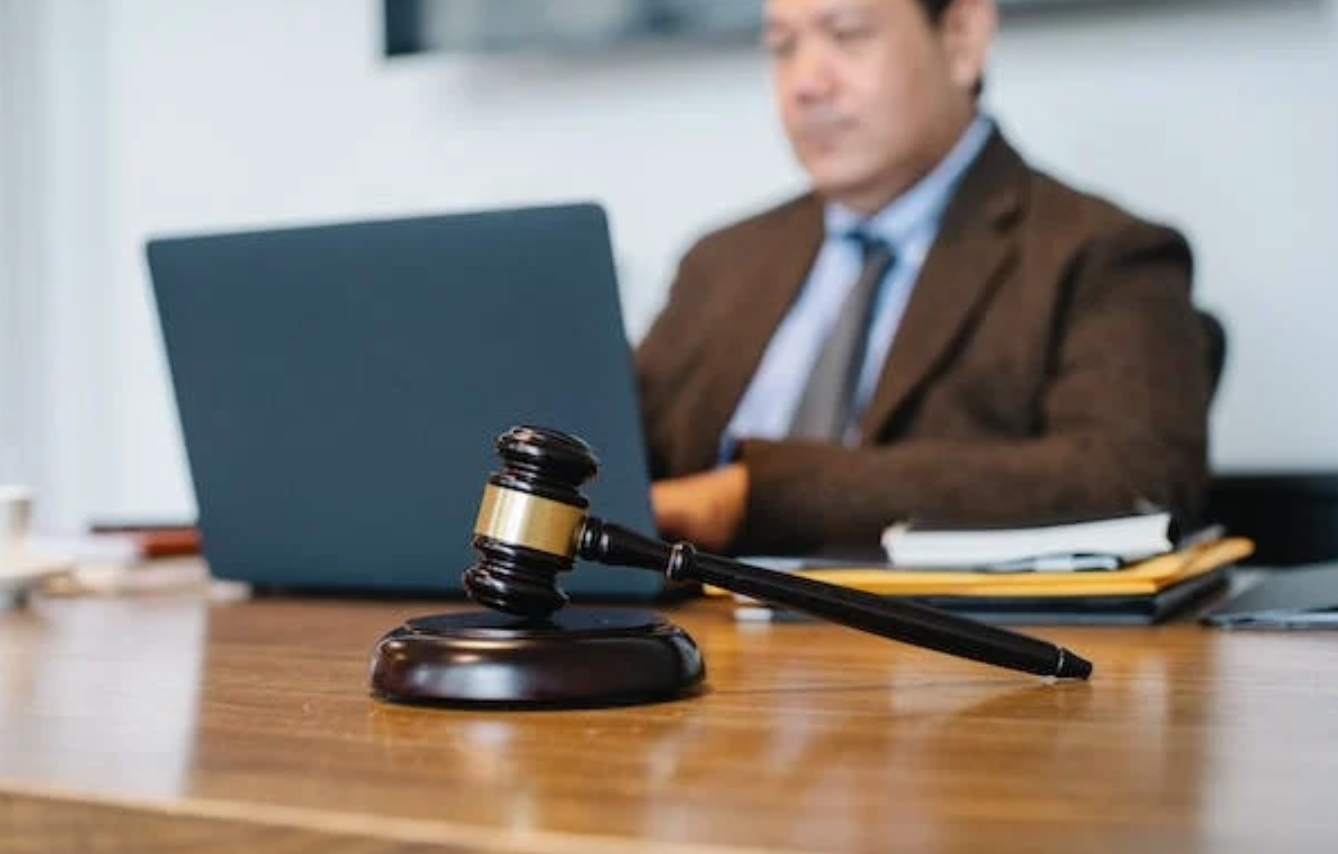Appealing a Decision: What Happens If You Lose a Personal Injury Lawsuit?
Understanding the potential for an appeal and the procedures involved is essential when facing this challenging situation.
Navigating the intricacies of a personal injury lawsuit can be daunting. Typically, individuals pursue such claims to seek compensation for injuries sustained due to another party’s negligence. The process involves presenting evidence to prove liability and damages to secure a favorable verdict.
However, not all lawsuits result in a win for the plaintiff. This is where an appeal enters the picture. It’s one of the options available following a loss in court, which is crucial for determining the next steps.
Read on to learn what happens if you lose a personal injury lawsuit and file an appeal.
Evaluating The Need For An Appeal
If a personal injury lawsuit doesn’t end favorably, the decision can be a significant setback. However, it might not be the end of the road. The first step in deciding whether to appeal is to evaluate the trial’s proceedings for any legal errors that could have influenced the outcome unfavorably. This might include procedural errors, incorrect application of law by the judge, or evidence that was improperly admitted or excluded.
Also, when considering an appeal, it’s essential to understand the complexities involved in appellate courts. Appeals are legal processes where higher courts review the trial court’s decision to ensure the law was applied correctly. Therefore, knowing when to hire a personal injury lawyer in Topeka or your local area becomes vital. An experienced attorney can offer valuable insight into whether an appeal is advisable and can navigate the intricacies of appellate procedures.
Grounds For Appealing A Personal Injury Lawsuit Loss
To successfully appeal a personal injury lawsuit loss, there must be valid legal grounds indicating significant errors during the trial. These grounds include:
- Misapplication of the Law: It’s where an erroneous legal principle is applied by a judge to the facts and this may lead to an unfair outcome.
- Evidence Issues: The basis for appeal would be if there was the wrong exclusion of major pieces of evidence which could have made the decision go another way or any allowing of irrelevant evidence that harmed the case.
- Jury Misconduct: Another basis for appealing a verdict is when members of jury engage in illegal activities such as biases, prejudices, ignorance of directives given by a presiding judge, among others that interfere with the impartiality of the court hearings.
For these reasons to be considered as ground for appeal, their effect should have been significant to change the decision. However, it’s important to note that dissatisfaction with verdict alone will not guarantee success in any appeal since appellate courts only consider substantial errors in entertaining an appeal.
The Process Of Appeal
Typically, filing a notice of appeal marks the beginning of the appeal process; this should be done within 30 days after judgment has been delivered in most jurisdictions. Appellant prepares a detailed brief arguing why trial court’s decision should be reversed based on the records from the original trial. In response, the appellee files their own brief supporting the trial court’s decision.
Furthermore, new evidence can’t be produced during appeals as they only focus on verifying whether proper judicial practice was used while hearing cases at lower courts. Normally, appellate courts look for clear mistakes in applying the laws that warrant either the reversing or remanding of judgments.
Potential Outcomes Of An Appeal
In the appeals process of a personal injury lawsuit, the appellate court scrutinizes the trial court’s decision for any legal errors that could have influenced the outcome. The potential results of such an appeal include:
- Reversal of Decision: If the appellate court discovers significant legal mistakes, it may overturn the trial court’s ruling, granting a victory to the appellant.
- Remand for New Trial: In cases where specific errors are identified that could have affected the trial’s fairness or outcome, the appellate court may order a new trial, thereby correcting these mistakes.
- Affirmation of Decision: If the appellate court determines that the trial was conducted properly without substantial legal errors, it will uphold the original decision, confirming the trial court’s judgment.
Each outcome has significant implications for the continuation or resolution of the legal process. Hence, it’s crucial to prepare for any outcome, as the appeal process can extend the litigation and incur additional costs.
Conclusion: Navigating Post-Trial Challenges
Losing a personal injury lawsuit can be discouraging, but it doesn’t always mean that no further legal options are available. By carefully analyzing the trial’s proceedings and consulting with a skilled personal injury lawyer, you can determine if an appeal is a viable and sensible course of action.
Understanding the potential for an appeal and the procedures involved is essential when facing this challenging situation. Remember, the decision to appeal should be made with thorough consideration of the legal grounds and the likelihood of success, as the appellate system is designed to correct only those errors that significantly impact the fairness of the trial’s outcome.

